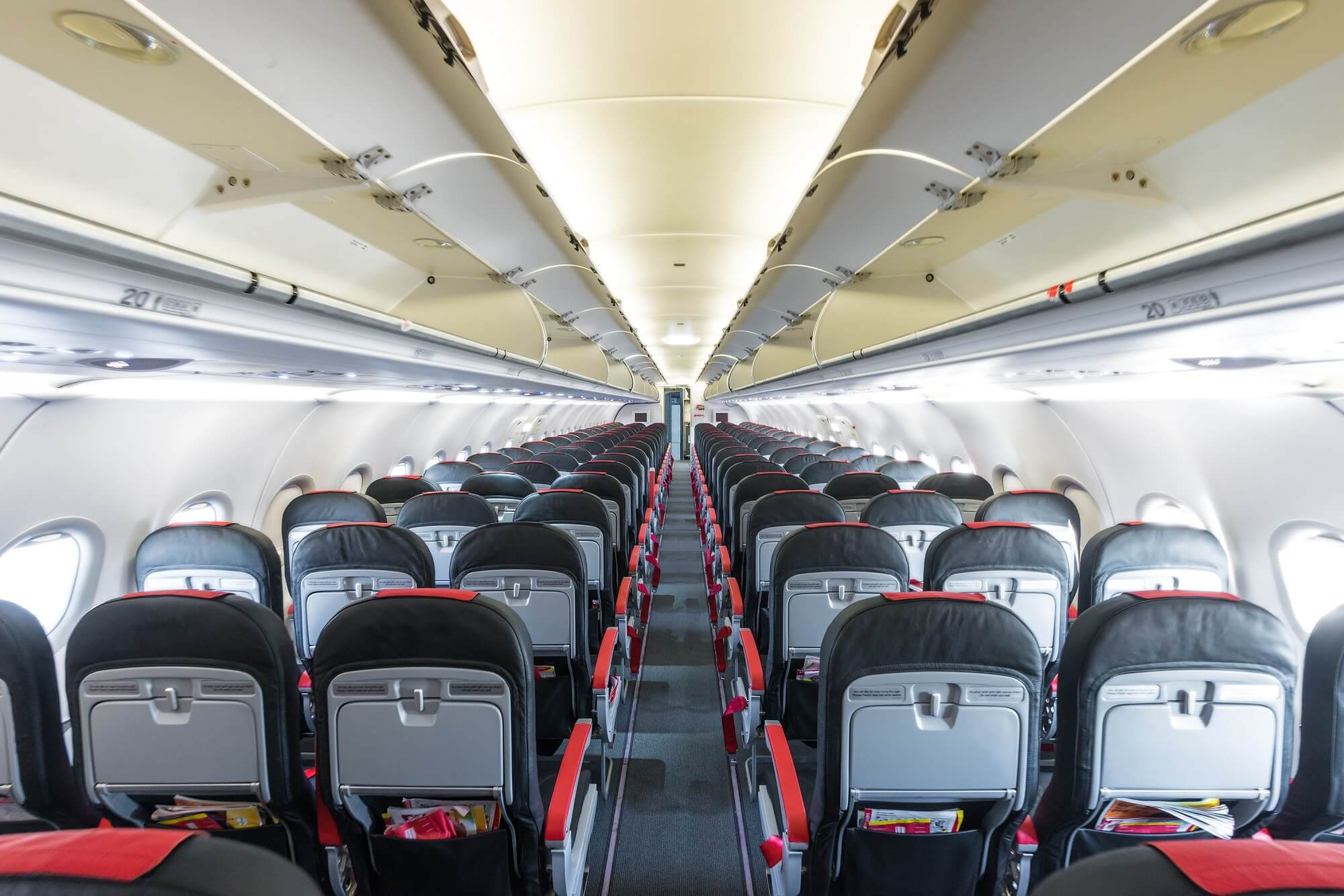In a nutshell: In addition to infecting over 110,000 people and killing almost 4,000, the coronavirus is having a massive impact on the world's economy. Few industries are feeling the effects quite like the aviation sector, where dwindling passenger numbers have forced airlines to fly planes empty to keep their flight slots.
Fears over the virus combined with advice not to fly to high-infection zones have resulted in demand for flights in Europe falling to record lows. But because of rules stating that airlines must continue to run 80 percent of their allocated take-off and landing slots or risk losing them, some "ghost" planes are being run half-empty or empty.
The rule is there "to ensure that airlines have access to the busiest EU airports on the basis of principles of neutrality, transparency and non-discrimination," according to the European Commission.
Independent slot coordinators Airport Coordination Limited (ACL) has suspended the rule for flights to and from Hong Kong and mainland China, but they remain in place eslewhere.
UK Transport Secretary Grant Shapps has written to the ACL to request that it reconsiders the 80/20 slot usage rule, which he said isn't in the industry's, passengers', or environment's interests.
Aviation demand is reduced due to COVID-19, but airlines are being forced to fly some 'ghost flights' to avoid losing their slots - bad news for the environment, airlines & passengers. I've written to the regulator to request urgent reconsideration of 80% slot utilisation rule. pic.twitter.com/OsKEH2S4Ab
--- Rt Hon Grant Shapps MP (@grantshapps) March 5, 2020
Shai Weiss, CEO of Virgin Atlantic, noted (via the Daily Mail) that "in the aftermath of 9/11 and following the outbreak of Sars, slot rules were quickly relaxed."
Airlines are facing a $113 billion loss because of the coronavirus crisis. It has already resulted in UK company Flybe, which was struggling financially prior to the outbreak, going into administration---the British version of filing for bankruptcy protection.
Image credit: Konstantin Yolshin via Shutterstock
